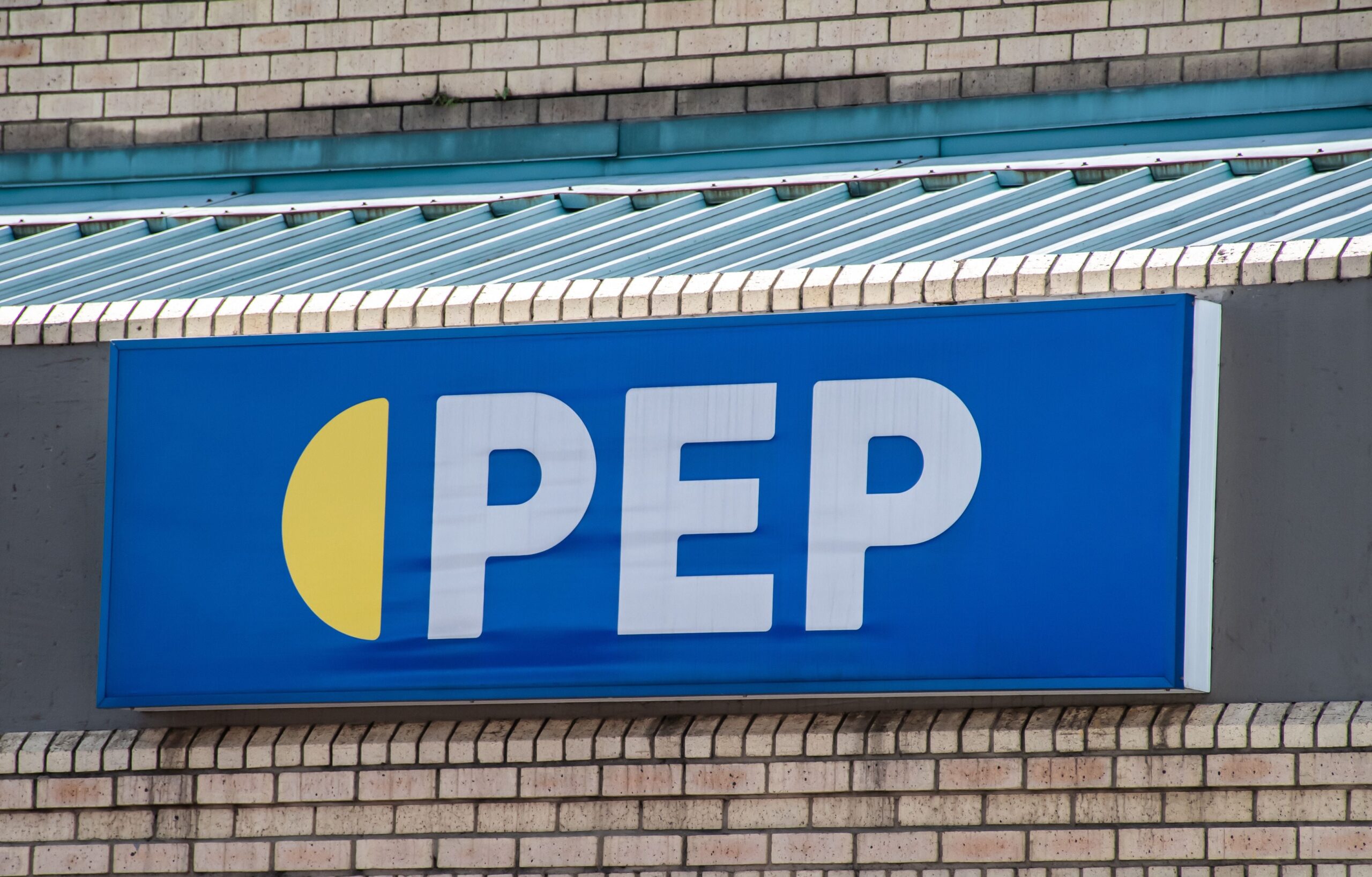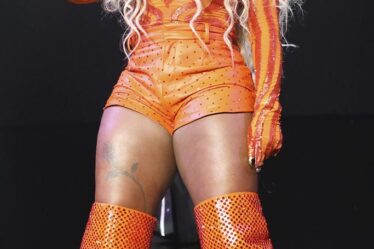
Pepkor Holdings Ltd. is increasing investments in Brazil as Africa’s largest clothing retailer repositions its South America operations toward the discount segment.
The company’s Grupo Avenida SA unit nearly doubled its contribution to sales for the year through Sept. 30, accounting for about 4.3 percent of revenue, Pepkor said in an earnings statement Wednesday. The Cape Town-based company now plans to open 50 stores a year in Brazil, double its initially planned rate.
Success in Brazil will allow Pepkor to consider further expansion in other emerging markets, chief executive Pieter Erasmus said in an interview after the earnings report.
“There are a lot of emerging market economies where our skills and capabilities can be leveraged,” Erasmus said. “If you can make one international market work, it opens up the world.”
The discount clothing retailer, which started operations 100 years ago in rural South Africa and now has 5,917 stores in 11 countries, has experience in eastern Europe through what is now Pepco Group N.V. It’s previously said it wouldn’t try to compete with that business in the region.
Pepkor may also consider a purchase in its home market, Erasmus said. While the retailer is “more focused on organic growth,” it also wants to sell more adult clothing and would consider doing that through an acquisition “at the right price,” he said.
The owner of South African chains Ackermans, Pep and Tekkie Town is also reviewing its non-core assets such as the building division, Erasmus said.
After the head of Ackermans was replaced in May, the unit — which sells mostly baby and kids’ clothing — showed a clear improvement in the second half. It’s facing intensifying competition from Shoprite Holdings Ltd., Africa’s largest grocer, which has recently opened specialist clothing and baby products stores.
South Africa’s clothing retailers are facing stock delays because of congestion at the country’s ports, and Pepkor spent 141 million rand ($7.6 million) on diesel fuel in the year to continue operations during recurrent nationwide power cuts, which are also known as load shedding.
“In the macro environment like we are in at the moment, with load shedding and ports et cetera, if you make a mistake or are off your game you pay dearly for it,” Erasmus said.
The company is trying to keep selling prices low, but port delays are adding to costs. For example, while many of the school uniforms Pepkor sells in the January start to the academic year are made locally, more than half of the costs come from imported materials. Supply of imported school shoes may also be “choppy,” the CEO said.
Pepkor shares were down 1.1 percent as of 12:26 PM in Johannesburg, compared with a 0.2 percent drop for the eight-member FTSE/JSE Retailers Index. Pepkor has declined 7 percent this year — the worst performer among the clothing retailers listed on the measure.
By Janice Kew
Learn more:
South Africa’s Pepkor Acquires Brazilian Retailer Avenida
Africa’s largest clothing retailer has acquired a majority stake in Brazilian retailer Grupo Avenida. The transaction, which came into effect on Feb. 4, is expected to be worth around 3.5 billion rand ($225 million).



